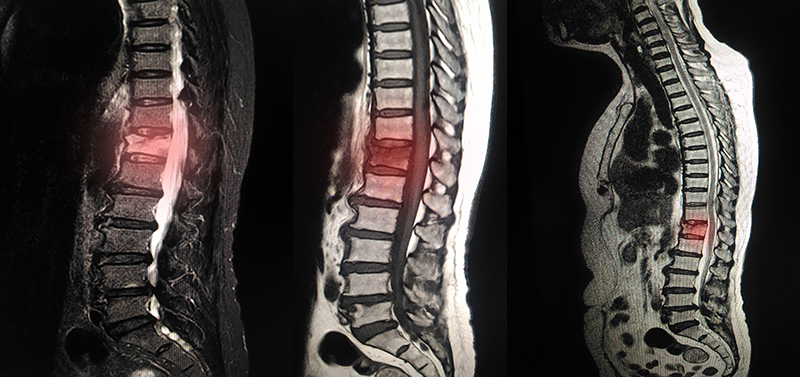Spinal degeneration is a common issue that affects millions worldwide, leading to chronic pain and reduced mobility. Conditions such as osteoarthritis, herniated discs, and spondylosis are prevalent causes of spinal degeneration. These conditions result from the breakdown of the spinal discs and surrounding structures, leading to inflammation, pain, and loss of function.

Causes of Spinal Degeneration
Several factors contribute to the degeneration of the spine:
- Age: As we age, the spinal discs lose hydration and elasticity, making them more susceptible to damage.
- Genetics: A family history of spinal issues can increase the risk of developing similar problems.
- Lifestyle: Poor posture, lack of exercise, and obesity can accelerate spinal degeneration.
- Injuries: Past injuries to the spine can lead to chronic issues and degeneration over time.
- Occupational Hazards: Jobs that involve heavy lifting, bending, or prolonged sitting can strain the spine.
Symptoms
Symptoms of spinal degeneration vary but often include:
- Persistent back pain
- Stiffness and reduced range of motion
- Numbness or tingling in the extremities
- Weakness in the legs or arms
- Difficulty walking or standing for extended periods
MBST Therapy: A Non-Invasive Solution

Molecular Biophysical Stimulation Therapy (MBST) offers a revolutionary approach to treating spinal degeneration. Unlike traditional methods, MBST is non-invasive and focuses on stimulating the body’s natural healing processes.
How MBSTWorks
MBST therapy uses magnetic resonance technology, similar to MRI but with a therapeutic application. The therapy involves:
- Energy Transfer: MBST transfers energy to the hydrogen protons in the affected spinal tissues, stimulating cellular processes.
- Cellular Regeneration: The energy helps regenerate damaged cells, promoting repair and reducing inflammation.
- Pain Relief: MBST alleviates pain by improving the function of the spinal discs and surrounding tissues.
- Improved Mobility: Patients experience increased flexibility and range of motion after consistent MBST sessions.
Benefits of MBST Therapy
- Non-Invasive: No surgery, injections, or medications are required.
- Pain-Free: The therapy is painless and can be administered while the patient is at rest.
- No Side Effects: Unlike other treatments, MBST has no known adverse effects.
- Effective: Clinical studies have shown significant improvements in pain and mobility among patients.
Conclusion
Spinal degeneration can severely impact quality of life, but MBST therapy offers a promising solution. By harnessing the power of magnetic resonance, MBST stimulates the body’s natural healing processes, providing pain relief and improved mobility. For those suffering from chronic back pain and spinal issues, MBST presents a safe, effective, and non-invasive treatment option.





